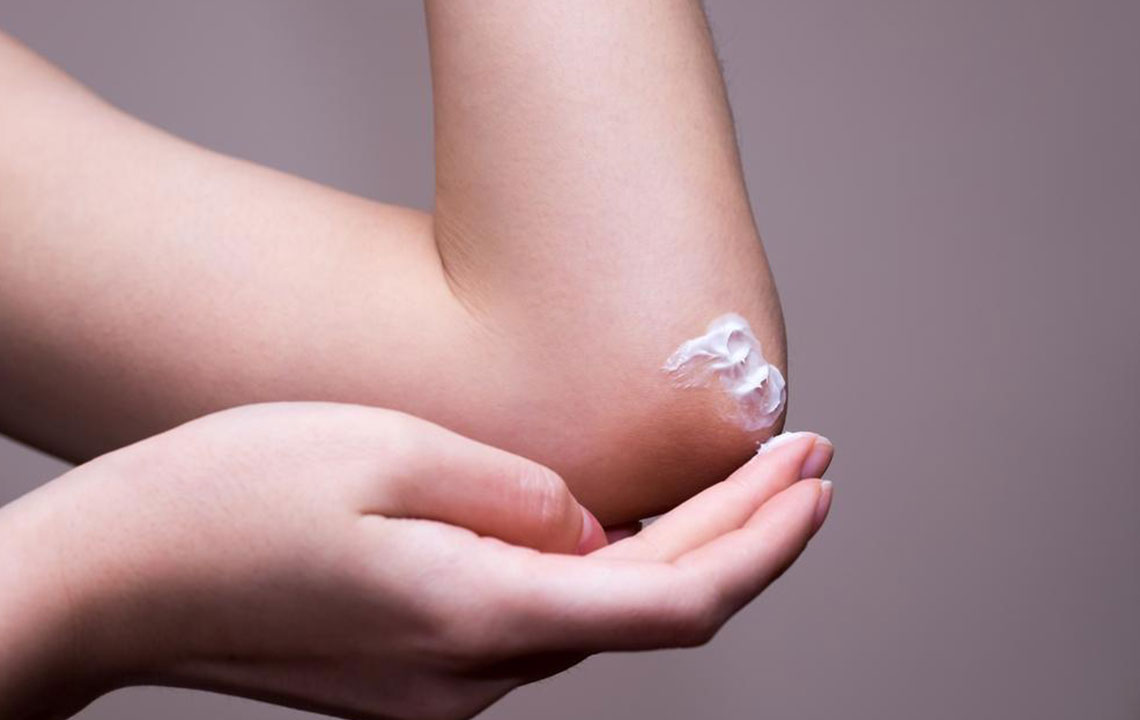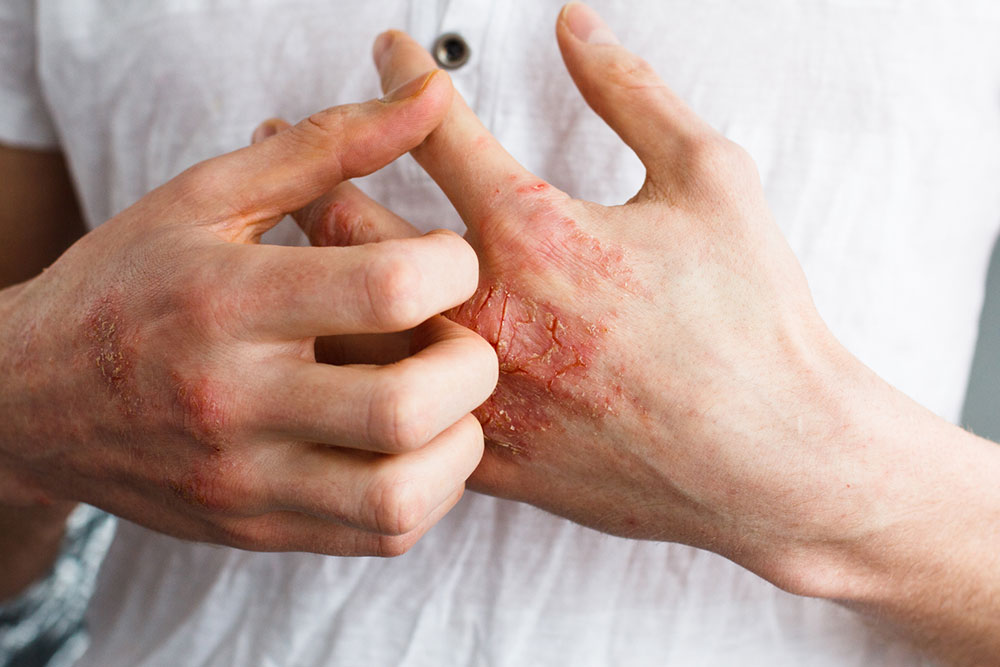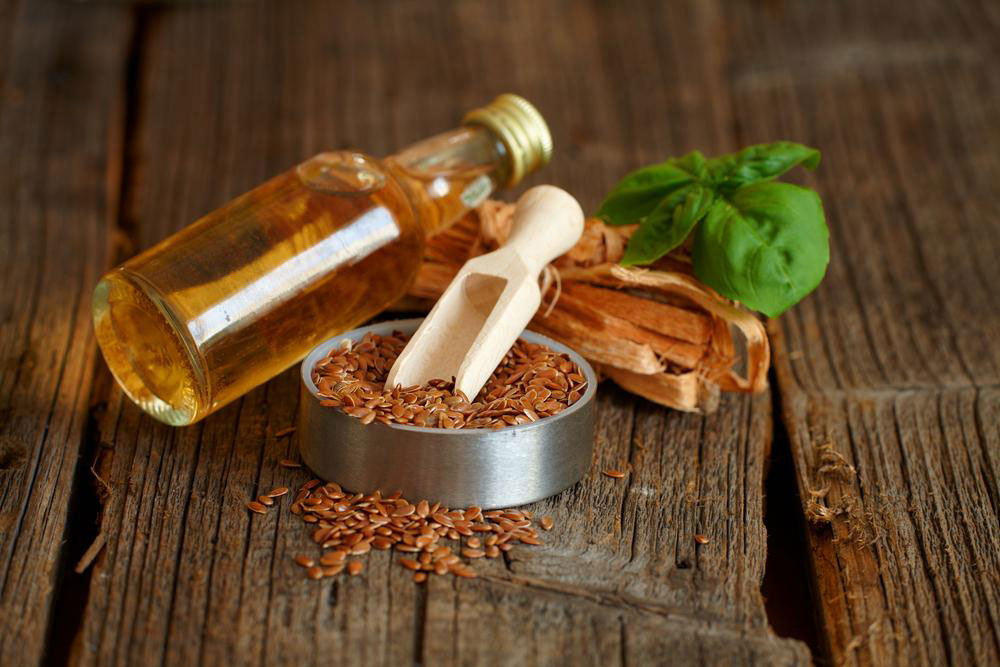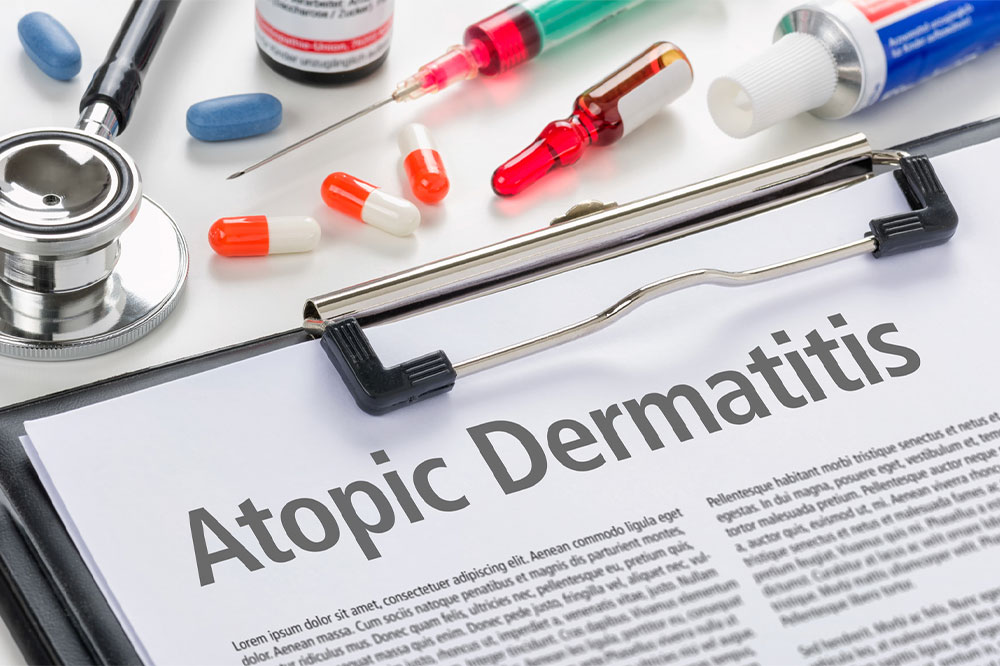Effective Natural and Medical Strategies for Managing Eczema Symptoms
Explore comprehensive natural and medical strategies for effectively managing eczema. This detailed guide covers triggers, treatments, natural remedies, skincare routines, and lifestyle tips to help reduce inflammation, soothe irritated skin, and prevent flare-ups, ensuring better skin health and improved quality of life.
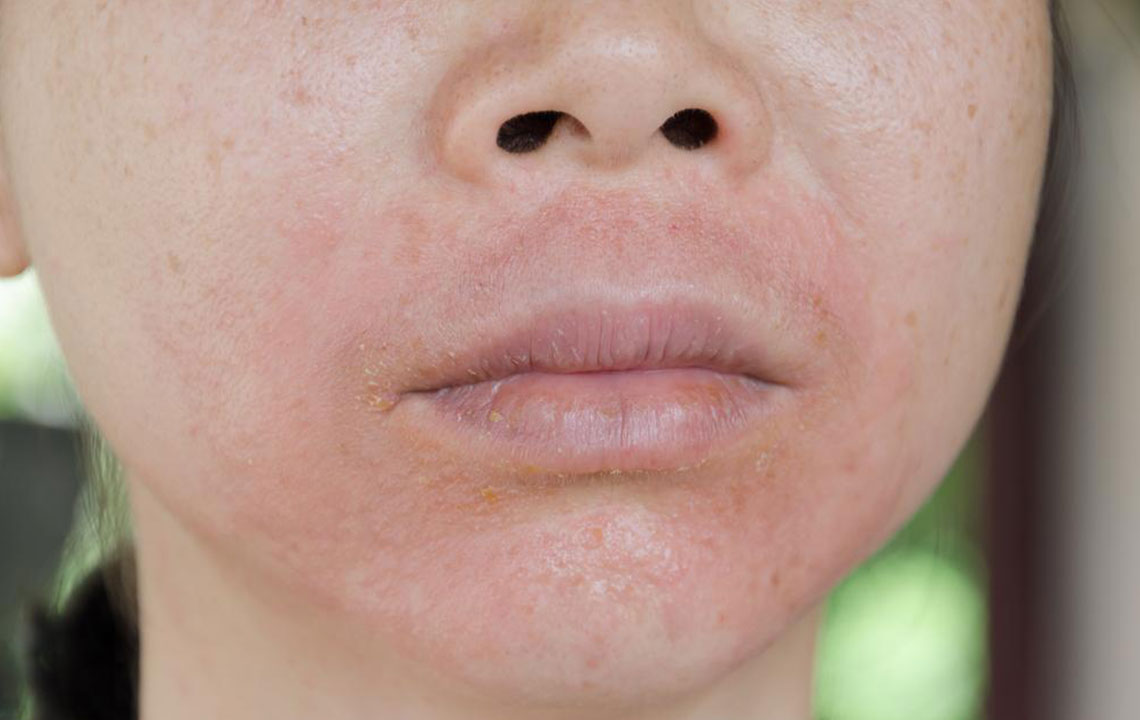
Comprehensive Approaches for Eczema Management: Natural Remedies and Medical Treatments
Eczema, also known as atopic dermatitis, is a prevalent chronic skin condition that impacts countless individuals worldwide. It manifests as red, itchy, inflamed, and sometimes cracked or blistered skin, often causing significant discomfort and affecting the quality of life. Proper management and treatment are crucial to controlling flare-ups, alleviating symptoms, and improving overall skin health. This detailed guide explores both natural solutions and medical treatments for eczema, highlighting practical tips for effective symptom relief and skin care routine improvement.
Understanding Eczema and Its Causes
Eczema is characterized by a malfunction in the skin’s barrier, leading to increased sensitivity and vulnerability to irritants, allergens, and environmental factors. Its causes are multifactorial, including genetic predisposition, immune system dysfunction, environmental triggers, and stress. Common triggers include harsh soaps, fragrances, detergents, certain fabrics, temperature extremes, and allergens like dust mites or pet dander. Recognizing these triggers is essential for effective management.
Importance of Early Diagnosis and Medical Consultation
If you experience persistent skin dryness, redness, itching, or rashes, consulting a dermatologist is vital. An early diagnosis ensures that you receive tailored treatment plans. A dermatologist may prescribe topical corticosteroids or non-steroidal anti-inflammatory medications to control inflammation. In severe cases, oral medications or phototherapy might be recommended. Regular follow-up helps monitor the condition’s progression and adjust treatments as needed.
Medical Treatments for Eczema Relief
Effective medical interventions aim to reduce inflammation, restore the skin barrier, and prevent infections. These include:
**Moisturizers and Emollients:** Regular application of thick, fragrance-free creams or ointments maintains hydration and protects the skin barrier. Products containing ceramides are particularly beneficial.
**Topical Steroids:** These reduce inflammation during flare-ups. It’s important to follow the prescribed dosage to avoid side effects.
**Topical Calcineurin Inhibitors:** Such as tacrolimus and pimecrolimus, are alternatives to steroids, suitable for sensitive areas like the face and eyelids.
**Antibiotics:** If bacterial infection occurs, prescribed antibiotics help control it.
**Phototherapy:** Controlled exposure to ultraviolet light can improve symptoms in chronic cases.
**Systemic Medications:** For severe eczema, immunosuppressants or biologic drugs might be considered under medical supervision.
Natural Remedies Supporting Eczema Management
Many individuals seek natural approaches to complement medical treatments. While these should not replace professional advice, they can help soothe irritated skin and prevent flare-ups:
**Oatmeal Baths:** Colloidal oatmeal has anti-inflammatory properties that calm inflamed skin. Soaking in lukewarm oatmeal baths several times a week can significantly reduce itching and irritation.
**Aloe Vera:** Known for its soothing and healing properties, pure aloe vera gel can provide relief from itching and support skin regeneration.
**Omega-3 Fatty Acids:** Found in fish oil supplements, omega-3s help reduce inflammatory responses, potentially decreasing eczema severity.
**Coconut oil:** Virgin coconut oil contains antimicrobial and moisturizing properties that help maintain the skin’s moisture barrier.
**Honey:** Raw honey, especially Manuka honey, has natural antimicrobial effects and can help with skin healing.
Skincare and Lifestyle Tips for Eczema Prevention
Adopting a gentle skincare routine and lifestyle habits is vital for preventing flare-ups:
Use mild, fragrance-free cleansers instead of harsh soaps.
Avoid hot water; opt for lukewarm showers to prevent skin dehydration.
Pat the skin dry gently and apply moisturizer immediately afterward.
Wear breathable fabrics like cotton and avoid rough or itchy clothing.
Manage stress through relaxation techniques, as stress can trigger flare-ups.
Maintain a cool, humid environment to avoid skin dryness.
When to Seek Medical Attention
If natural remedies and lifestyle adjustments do not adequately control symptoms, or if eczema worsens, consult a healthcare professional promptly. Signs that require urgent medical attention include intense pain, spreading infection, or significant skin thickening. A dermatologist can provide advanced treatments tailored to your needs.
In conclusion, managing eczema involves a combination of medical treatments, natural remedies, and lifestyle modifications. Early diagnosis, ongoing skincare, and avoiding triggers significantly improve outcomes, helping individuals lead more comfortable and healthier lives. Always seek professional advice before starting new treatments or supplements to ensure safety and effectiveness.

